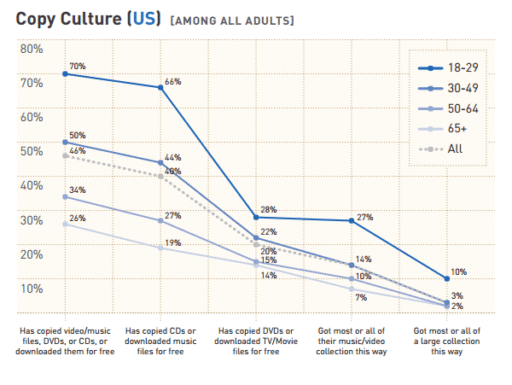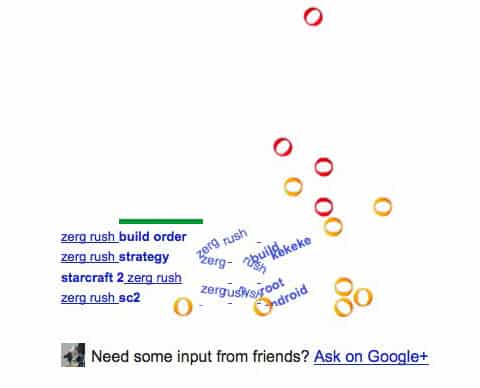Online music piracy is generally regarded as a monetary loss for artists and labels. But a fresh research shows, like many others in the past have hinted, that removing DRM restrictions from an album actually bumps up sales by 10% and more.
Laurina Zhang of University of Toronto undertook the task of discerning the impact of DRM restrictions on music sales. During the course of her research, she looked up the sales of some 5864 albums by 634 artists before and after they abandoned the use of DRM.
Explaining her sample space, Zhang stated, “I exploit a natural experiment where the four major record companies – EMI, Sony, Universal, and Warner – remove DRM on their catalog of music at different times to examine whether relaxing an album’s sharing restrictions impacts the level and distribution of sales.”
Her results indicate that removing DRM is substantially helpful for older and lower-selling albums, bumping up sales by as much as 41% in some cases. In comparison, more popular albums registered a sales growth of nearly 10% whereas top-selling albums generally stood unaffected by the change.
In Zhang’s words, “Relaxing sharing restrictions does not impact all albums equally; it increases the sales of lower-selling albums (the “long tail”) significantly by 30% but does not benefit top-selling albums. My results are consistent with theory that shows lowering search costs can facilitate the discovery of niche products.”
She concludes that relaxing DRM restrictions on less popular albums tends to make them more accessible. This, in turn, lets such albums gain more limelight and muster better sales as a result. In other words, online piracy of these albums help their sales significantly.
Source: University of Toronto
Courtesy: Torrent Freak
[ttjad keyword=”android-device”]



